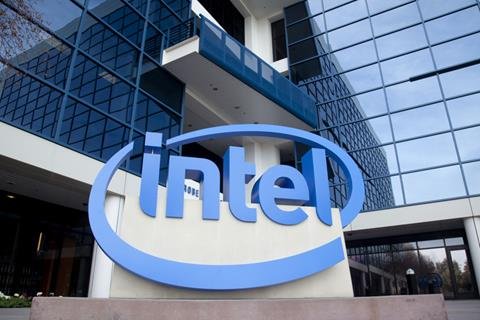Our People » Brian Callaci
Brian Callaci is the chief economist at the Open Markets Institute. He researches and writes about market structure, antitrust law, and their relationship to worker and employer power. In addition to peer-reviewed academic research, he publishes articles in popular outlets such as The Atlantic, Harvard Business Review, and The New Republic, and gives expert testimony and policy advice to government bodies. His CV can be found here. Callaci received his Ph.D. in economics from the University of Massachusetts Amherst. Prior to working at the Open Markets Institute, he worked at the Strategic Organizing Center and Workers United/SEIU.
Chief economist Brian Callaci discusses the Abundance Agenda’s faith in deregulation and private capital is misguided, and that achieving true prosperity requires robust public investment, labor protections, and democratic control over economic decision-making.
In this issue, we look at the new antimonopoly caucus in the House, and examine how monopoly and Wall Street power keeps Amtrak off track, denying better train service to Americans across the country.
Chief economist Brian Callaci argues that large fast-food corporations exert strict control over franchisees, imposing fees and operational constraints that, coupled with wage increases, financially strain both franchise owners and workers.
In this issue, we look at how the Trump DOJ’s pursuit of a Google breakup could help rewrite the rules of the internet and AI for the future.
Chief economist Brian Callci and senior legal analyst Sandeep Vaheesan debate how the YIMBY (short for "Yes In My Backyard") movement, which calls for zoning reforms, falls short of in addressing the nation’s housing affordability crisis, arguing for the federal government to take a more active role in providing housing
Legal director Sandeep Vaheesan and chief economist Brian Callaci advocate for rent control in Atlanta as a vital solution to combat housing affordability issues and economic inequality.
In this issue, Open Markets policy counsel Tara Pincock — who helped write the original lawsuit against Google — discusses a potential breakup.
Open Markets submitted a comment to the FTC calling for termination of a 2012 Coopharma consent order and urging the agency to endorse an exemption for employees, contractors and small firms that challenge concentrations of power.
In this issue, we explore how Intel’s recent woes suggest that Biden administration’s CHIPS and Science Act was insufficient and recommend how the next administration must go further in investing in semiconductor manufacturing to protect the country’s national interest.
An article from legal director Sandeep Vaheesan and Chief economist Brian Callaci was referenced arguing that digital labor platforms aim to take control over employees without accountability and failing to comply with labor laws.











